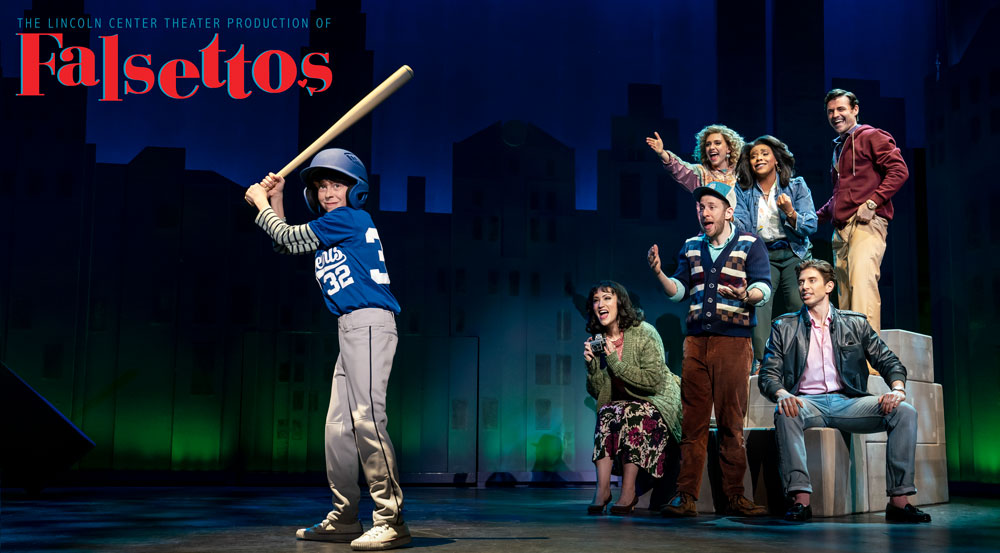Cats (2019): The Unholy Culmination of the Movie Musical
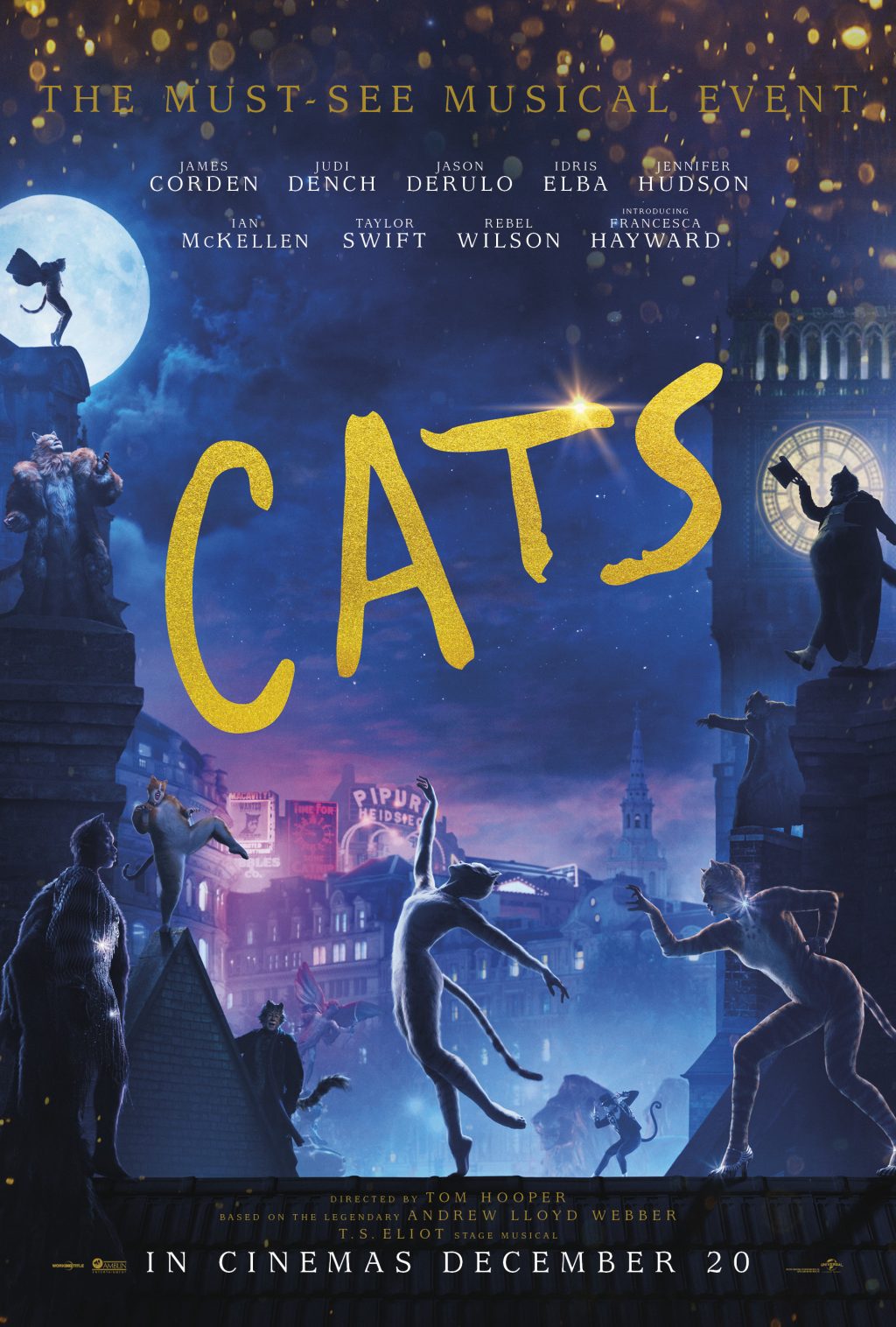
I am a big fan of musicals— my favorites, by the way, are Come From Away, Falsettos (specifically the 2016 revival), and Hadestown (which I’m listening to as I write this review)— and I’ll admit that the musical-to-movie adaptation seems to be cursed. From Phantom of the Opera (2004) to Les Misérables (2012), directors have managed to craft movies that are pale imitations of their stage origins. These two particular movies are important in the story of Cats because Phantom has the same creator (Sir Andrew Lloyd Webber) and Les Mis has the same director (Tom Hooper).
Despite how it might initially appear, Cats (the stage musical) was a passion project of Webber’s that had no guarantee of success. It was a revue-style song-and-dance experience that adapted T.S. Eliot’s Old Possum’s Book of Practical Cats, a collection of poems about cats. To say that Cats has a plot is fairly generous; the stage show is about a bunch of “jellicle cats” singing and dancing, introducing each other to the audience in their competition to die and ascend to the “Heaviside Layer” to be reborn. Yes, it is a musical about a bunch of cats competing to die. The show actually made a number of innovations in the world of musical theater, such as having each singer connected to their own wireless radio mic so they could sing and dance at the same time. All the risks that were made in the making of the show (including Webber taking out a second mortgage on his house) ended up paying off, as Cats was wildly successful and beloved by audiences.
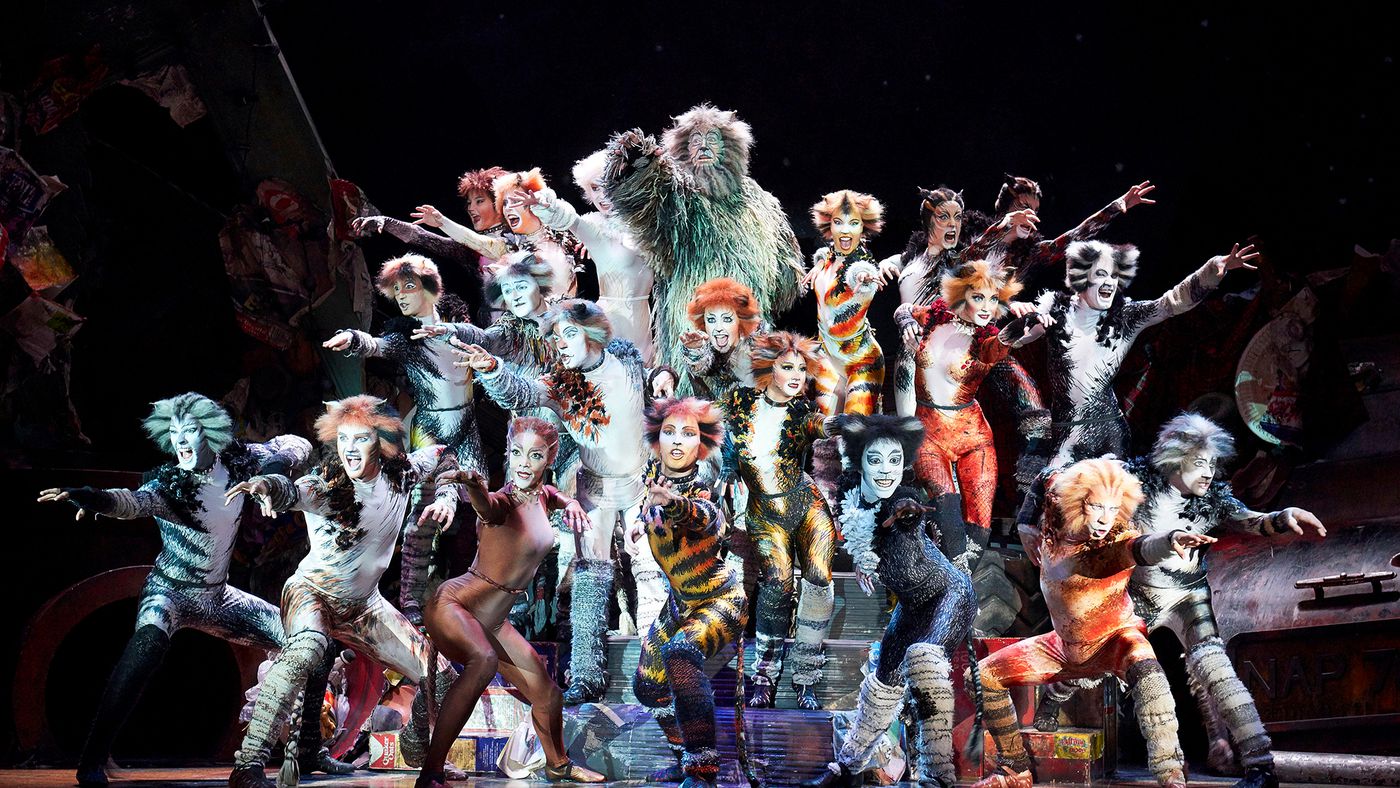
When Tom Hooper adapted the musical Les Misérables he had a style in mind, a style that would end up creating the downfall of his second musical adaptation seven years later. You see, when directing Les Mis, Hooper decided that he wanted to create a grounded and realistic story, because that’s what’s broadly taken seriously by audiences, then and now. The thing is, musicals are not “realistic”, which is part of their charm. To experience one requires some level of suspension of disbelief, not just to the fact that people are singing their feelings, but because of other common traits of stage musicals such as minimal set and actors not necessarily being the same age as their characters. Les Mis is a musical where the characters are mostly just standing at the front of the stage and singing to the audience; the telling of the story comes through their words rather than their actions. Meanwhile, Tom Hooper directed his adaptation to be very conventional and grounded in terms of its visual storytelling and aesthetic. In particular, his choice to record vocals live on set rather than in a recording booth as is typical for movies with singing in them pursued his goal of “realism” at the expense of the quality of the performances. Even Anne Hathaway’s rendition of “I Dreamed A Dream”, while an emotional tour-de-force, is an absolute disaster when you look at it from the perspective of vocal performance alone. So when you take an approach to musical filmmaking that values being “grounded” at the cost of the quality of the singing, and apply it to a musical with a fantastical concept whose primary selling point is the songs and dances within, it’s no surprise that Cats turned out the way it did.
The visual effects in Cats are what everyone loves to laugh at but honestly, the failure wasn’t the visual effects team’s fault. They were pushed to the breaking point by a director who knew absolutely nothing about how VFX work, with many employees working 80-90 hour weeks in the months before the movie came out. Unlike other branches of filmmaking such as acting and writing, the VFX industry as it currently stands today is fairly new, and thus it lacks a strong union presence to protect its workers. When it comes to an industry like animation, where there are far more people who want to work in it than there are jobs to be filled, employees will put up with terrible working conditions because they know how replaceable they are (there is a similar problem in the game development industry. Making fun of the VFX in Cats is low-hanging fruit, and a fruit that’s already been harvested plenty. The real failing of Cats lies in the attempt to force a revue musical into a conventional three-act Hollywood screenplay as well as the lackluster song and dance which is supposed to be the point of the whole picture.
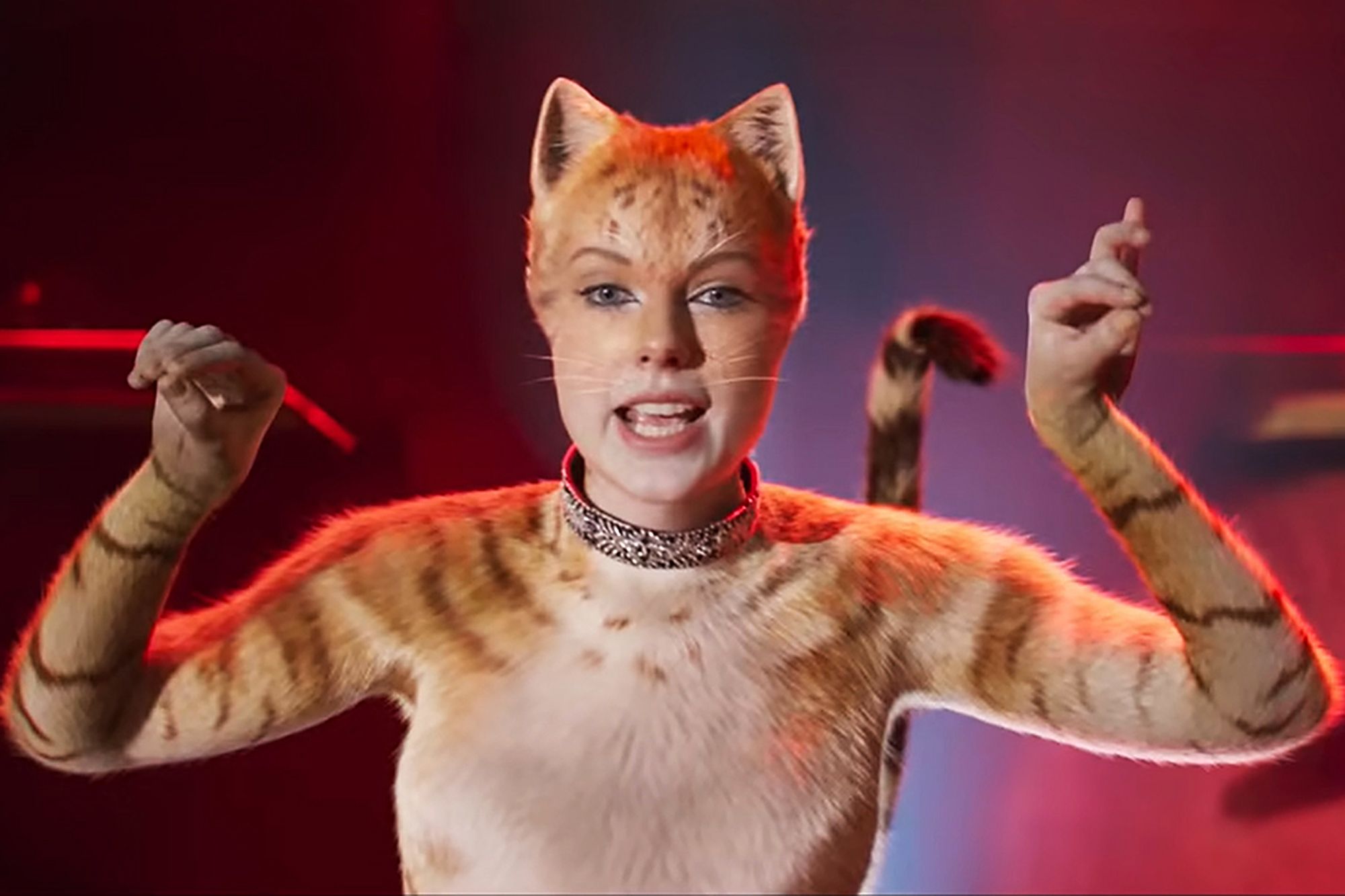
Cats the stage musical has no main character. Cats the movie has Victoria (played by Francesca Hayward), a minor character in the play who is elevated to main character status for the purpose of being an audience insert. In the play, the Jellicle Cats sing directly to the audience, explaining to them the way that their world works, but because the fourth wall is far more sturdy in film than it is in theatre, a workaround was needed. So instead of talking to the audience, the Jellicle Cats sing to Victoria. Victoria, as she stands in the movie, is barely a character. She does have her own song, “Beautiful Ghosts”, which was composed by Webber and Taylor Swift specifically for the movie (gotta qualify for “Best Original Song” at the Oscars!), a vague and bland number that tells us little about Victoria that we don’t already know. The point of songs in musicals is to give us insight into characters and situations, especially information that the character wouldn’t normally disclose. Every song in a musical is there for a reason, and jamming a song with no purpose into an otherwise complete narrative just to win awards is complete nonsense.
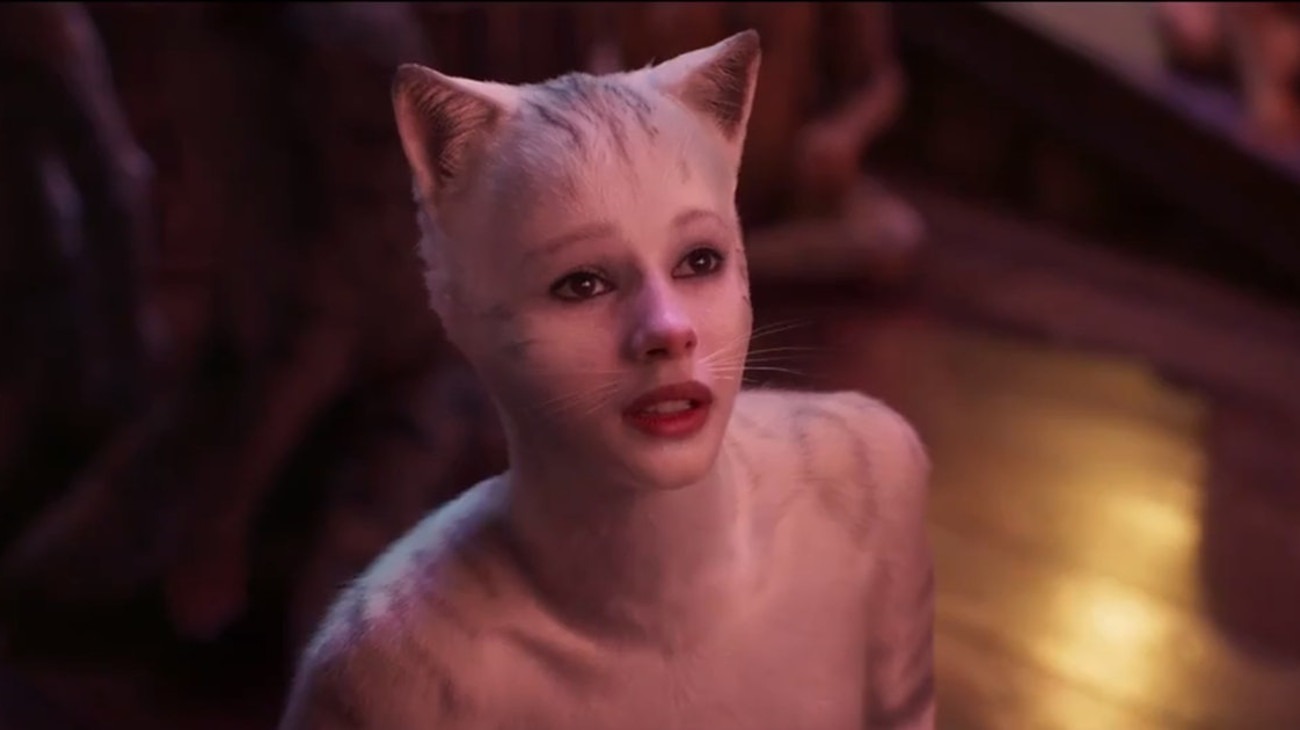
The music in Cats is bad. No way around it. With the exception of Jennifer Hudson’s “Memory”, every song in Cats is a shallow copy of its stage counterpart. This is due both to the aforementioned live recording of vocals but also due to a change to mostly solos in the movie rather than the duos, trios, and group numbers of the original. Songs like “Jennyanydots: the Gumbie Cat” and “Macavity the Mystery Cat” were originally a trio and duet respectively, but were adapted into solos because big-name actors would be far less likely to agree to a movie where they have to share the screen with someone during their big musical number. Additionally, while in the stage play, the Jellicle Cats sing about each other, in the movie they each sing the numbers named after themselves. This change— in this reviewer’s humble opinion— makes every cat come off as utterly self-obsessed. Additionally, changes such as the frequent starting and stopping in “Magical Mr. Mistoffelees” and the transformation of “Gus: The Theatre Cat” into a monologue with strange flute music in the background makes the songs simply grating and unpleasant to listen to, which is the opposite of what you should strive for in a musical. The culmination of the utterly horrible songs is the movie’s butchering of “Finale: The Ad-Dressing of Cats”, which Judy Dench’s speak-singing transforms from a grand send-off for the show into a baffling slog-fest that feels like it goes on for hours. Now, I have nothing against Judy Dench as an actress (or Ian McKellen, for that matter). They are both fantastic actors. However, to be in a musical, you need to be able to both act and sing. If a performer is being cast in a movie adaptation of a musical, they should be considered based on their singing ability, not just their acting ability.
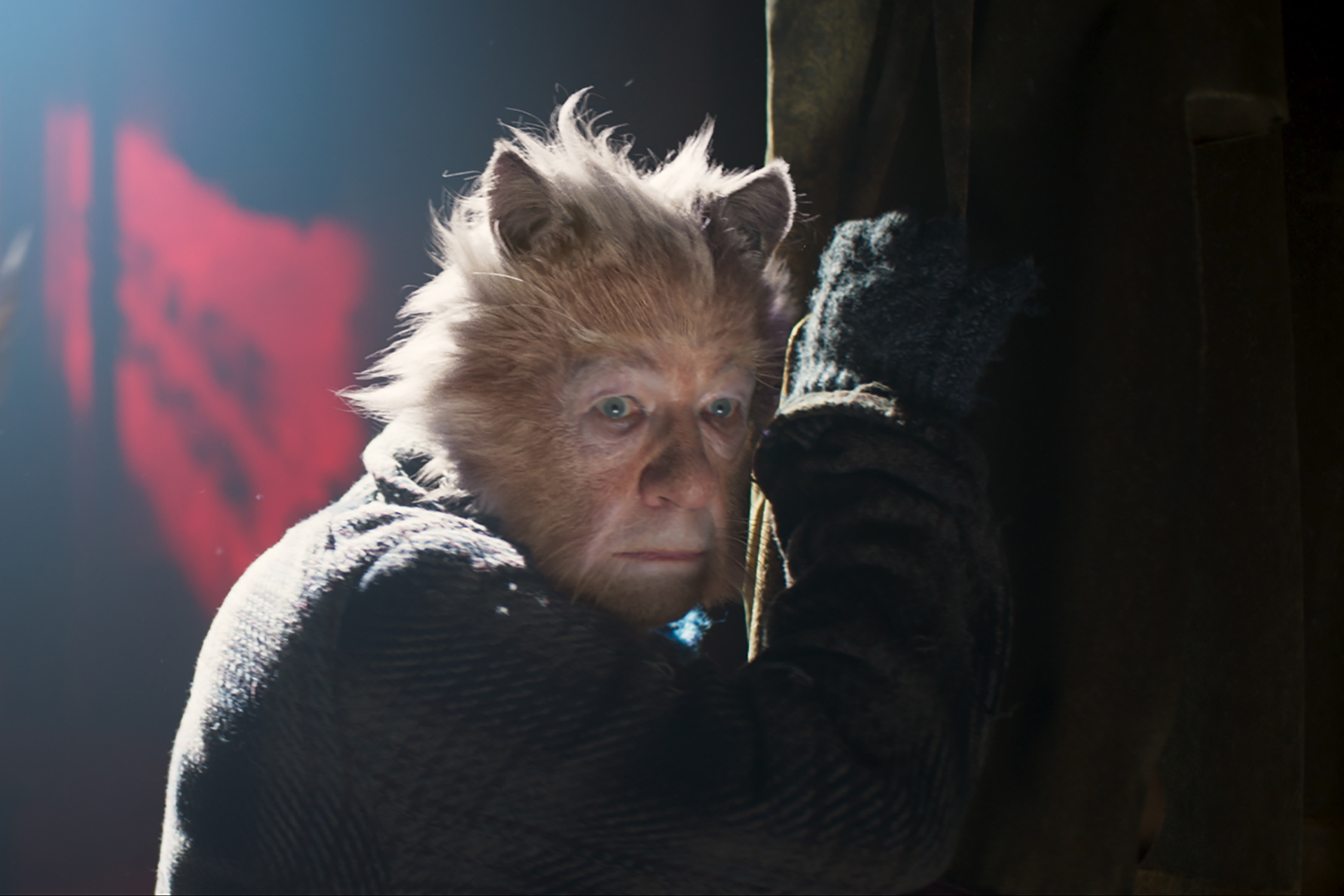
In case you haven’t gathered from the tone of this review, I’m a big fan of musicals. I think they have the potential to tell stories that wouldn’t be nearly as successful in other mediums. I also love movies, and I think that they bring unique traits to the table when it comes to storytelling. What I don’t like, however, is the way that movies are being framed as the end-all be-all of entertainment. Not every musical should become a movie, just as not every movie would work as a musical. Cats is one of those musicals that should stay on the stage, because that’s what it was made for. It is a celebration of everything that makes the medium special. Cats the movie, however, is a celebration of nothing more than studio greed and hubris.
